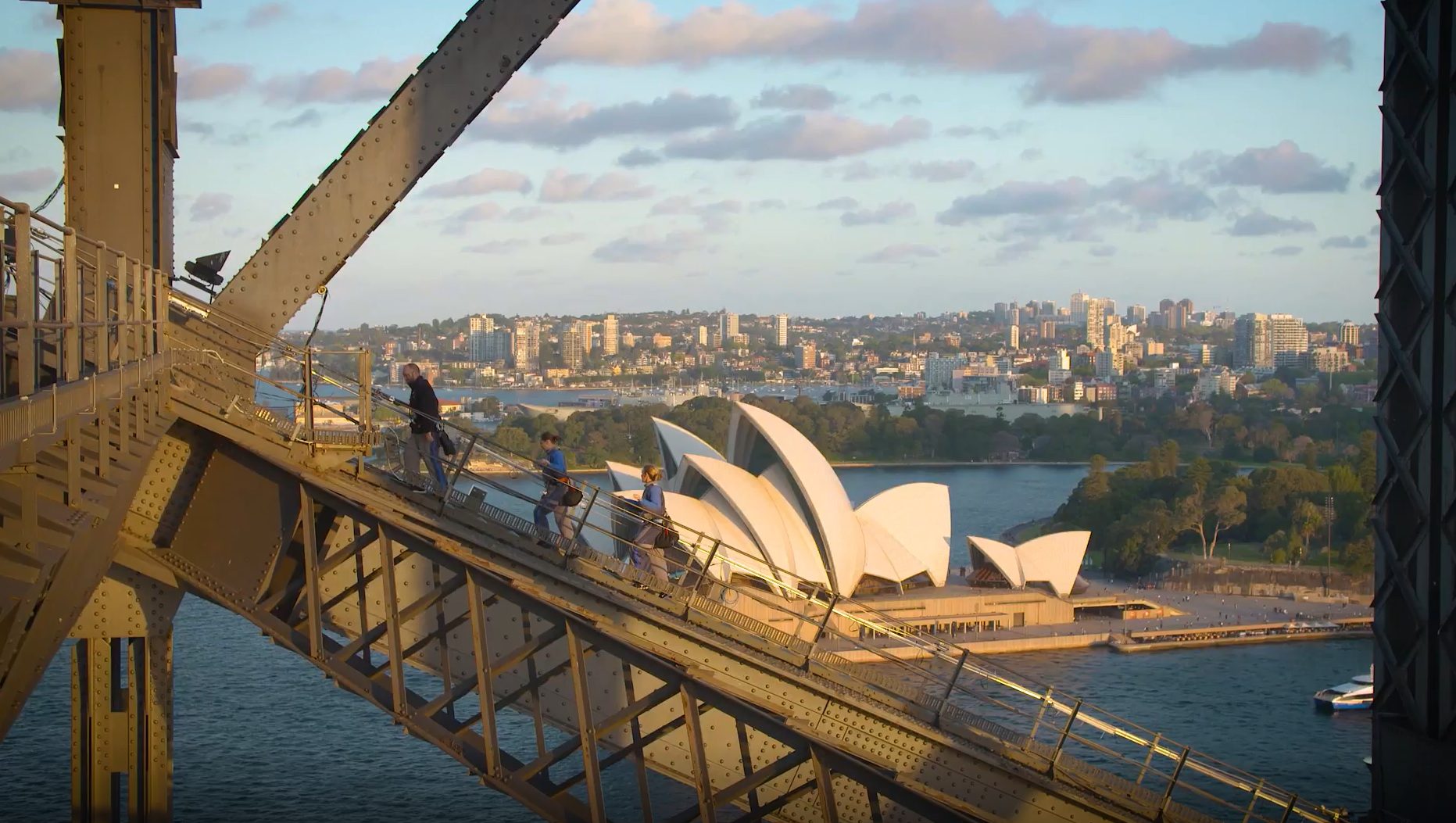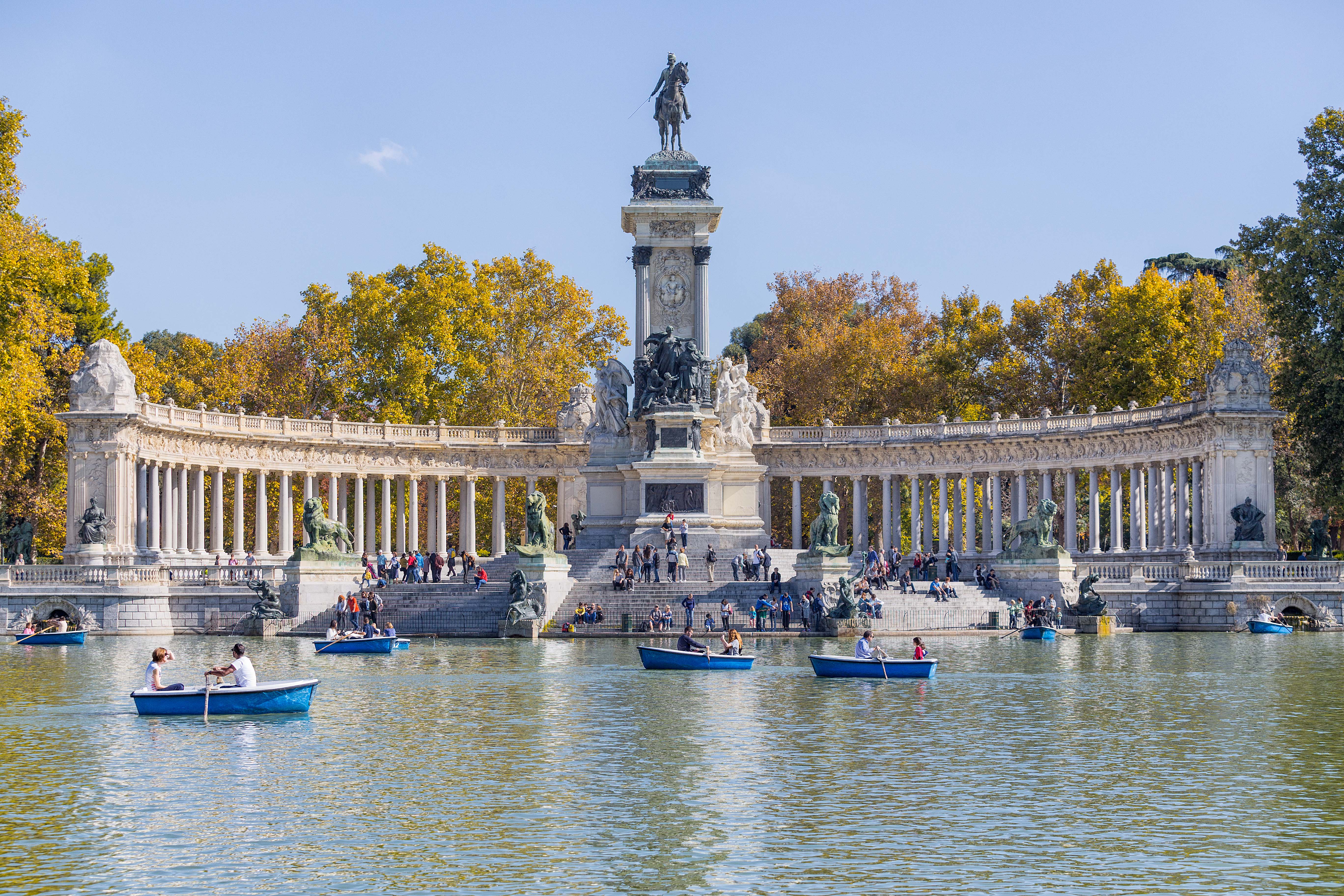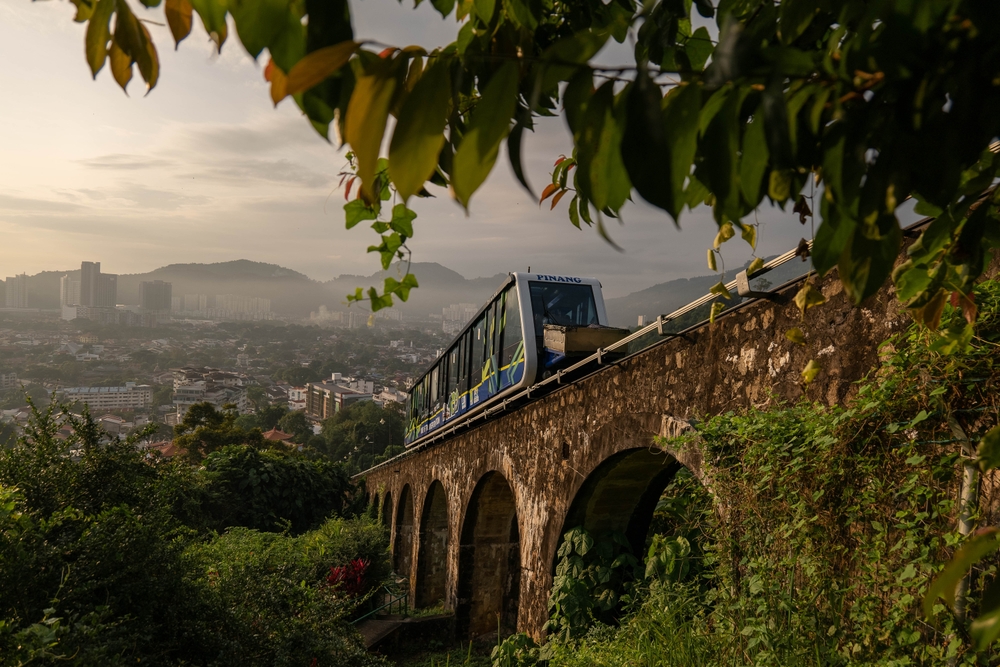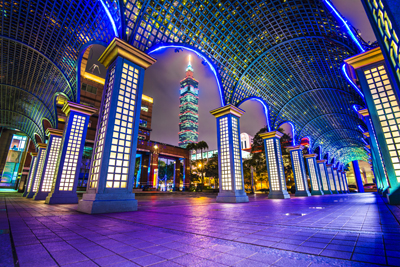
First impressions count and Taiwan has taken this old adage to heart. A late entrant to the MICE market, it has upgraded its infrastructure, burnished its image and positioned itself as an exciting new destination for companies and event planners.
Getting into Taipei from the airport used to be an underwhelming 90-minute bus or taxi ride through urban sprawl. Now it’s a brisk 35 minutes on the newly rolled out Taoyuan International Airport Mass Rapid Transport (MRT) Line, which offers a scenic introduction to the capital city, ringed by mountains and tropical greenery.
The MRT service also seamlessly links with the High Speed Rail system that connects north, central and south Taiwan. It took nearly 20 years to build, but it’s worth it and sets the tone for post-meeting excursions or incentive visits.
 That boutique feel
That boutique feel
“Taiwan is small but overall it is very exciting and has a lot to offer. It arrived late to the MICE business, but you could say it’s got a boutique feel, small, fashionable and sophisticated,” says Cam McLean (right), director of incentive travel group In Motion Asia.
“If you compare with Bangkok, Hong Kong and Singapore, they have a really high profile, but Taiwan has been catching up. Possibly, it’s second-tier, but the quality is not. Taiwan is on the map, a genuinely attractive option because of its food and culture.”
Though the government first recognised the MICE industry as an important development strategy as far back as 2002, it only really got on track when the Taiwan External Trade Development Council (TAITRA) was tasked with implementing the four-year Meet Taiwan project in 2013. It helps domestic expo and conference businesses source financial assistance, provides bidding tools, recommends professional advisors and organises government sponsor letters, while supporting industry training and certification.
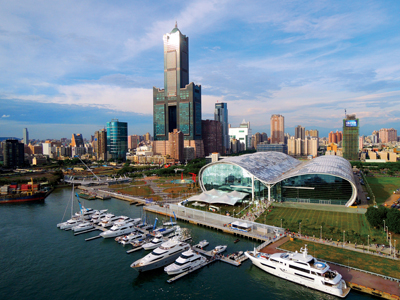
Venues
TAITRA figures show a steady increase in meetings, incentive, conference and events traffic over the past four years, with 243,000 MICE visitors in 2016, a 20.3 per cent increase over the previous year; generating about NT$42.65 billion (US$1.4bn) in revenue, a 13 per cent year-on-year increase, which comprises 0.25 per cent of GDP. A fresh four-year Meet Taiwan project will get underway this year.
Well-established convention venues in the capital include the Taipei International Convention Centre and Taipei World Trade Centre, near one of the world’s tallest buildings, Taipei 101; in addition to the expanded Taipei Nangang Exhibition Centre. Meanwhile, on the island’s southern tip is Kaohsiung, the second biggest city and largest port, which opened Kaohsiung Exhibition Centre (above) in 2014.
According to the latest available UFI report on The Trade Fair Industry in Asia, for 2015, Taiwan ranked sixth in Asia for total exhibition space sold, including five UFI-sanctioned exhibition halls. Venue provision will be further expanded with landmark convention centres under construction in centrally located Taichung, plus the Taoyuan Aerotropolis International Convention and Exhibition Centre, connected to the airport.
The 2015/16 FDI Asia-Pacific Cities of the Future report ranked Taipei in third place, behind Singapore and Tokyo, while topping the list for mid-sized Asia-Pacific cities in terms of business friendliness and economic potential.
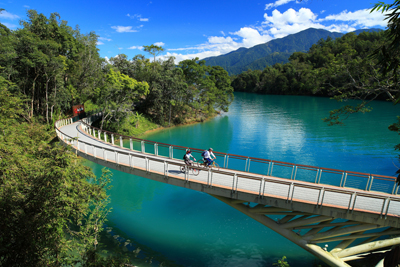
Pedal power
Taipei Cycle is the largest expo of its kind in Asia. Leveraging the island’s cycle manufacturing prowess, this year’s 30th anniversary edition of the show in March welcomed a record 44,718 visitors and featured 3,340 exhibitors and booths.
 That said, Taiwan can’t hope to compete with neighbours on the scale of mainland China, Japan and South Korea, says Kitty Wong (left), president of K&A international and the World PCO Alliance. However, this doesn’t mean Taiwan doesn’t have its place in the sun and it can take advantage of smaller events, and the government backed New Southbound Policy that prioritises links with Southeast Asian countries.
That said, Taiwan can’t hope to compete with neighbours on the scale of mainland China, Japan and South Korea, says Kitty Wong (left), president of K&A international and the World PCO Alliance. However, this doesn’t mean Taiwan doesn’t have its place in the sun and it can take advantage of smaller events, and the government backed New Southbound Policy that prioritises links with Southeast Asian countries.
“Our accessibility and infrastructure are good, while the key issues of safety, security and crisis management are first class. We should really focus on this. People choose safe places to travel.
“We don’t want quantity, but we can emphasise quality. People who have been around Asia and especially China will appreciate Taiwan more. Those who come, return.”
Summer Universiade
Taiwan’s healthy event figures and are set to improve further, with the 2017 Summer Universiade from August 19-30. Securing the bid to host the second biggest sporting event after the Olympics is a major achievement and the aim will be to show 12,000 athletes from 150 countries and tens of thousands of visitors just how advanced and effective Taiwan’s facilities, venues and services are.
Achim von Hake, general manager of The Sherwood Hotel, has been an enthusiastic supporter of Taiwan as a conference and events destination. “The Universiade is a tremendous opportunity to enhance the awareness of Taiwan to global event planners as the perfect spot in the region to host international events.”
Von Hake says the Rotary International Convention scheduled for 2021 will further raise Taiwan’s profile.
Anchoring millennials
With the meetings industry looking so strong the founder and CEO of San Francisco-based Anchor Taiwan believes the timing is right for new concepts.
Elisa Chiu’s company “handpicks groups of entrepreneurs, professionals and creatives from around the world to co-create, reinvent and explore Taiwan for 30 days”.
It’s a decidedly millennial type of approach to business events and meetings. The idea is for Anchor Taiwan to take care of all the logistics, facilitate business opportunities and introduce contacts.
Taiwan is the “ideal gateway to Asia”, Chiu says, because of its “top-notch” infrastructure, one of the best public transport systems in the world and networked environment.
“The importance of post-event development is often neglected, but it really shouldn’t. If your goal is to expand into Asian markets, Taiwan makes a perfect soft-landing spot with its openness, freedom, and decades of experiences doing business… especially [with] China.”
Chiu also believes in ensuring clients have a good time and points out the many natural advantages of Taiwan, including more than 100 mountains, 128 hot springs, 1,200 km of coastline and nine national parks.
She recommends an urban and nature living cycle. For example, attending a trade show or conference in the capital and then boarding the high-speed rail to Tainan in the south for history and street food.
“In addition to its natural beauty, what makes Taiwan unique is its cultural capital and intellectual density. Countless art exhibitions, music festivals and cultural landmarks are readily within reach.”
